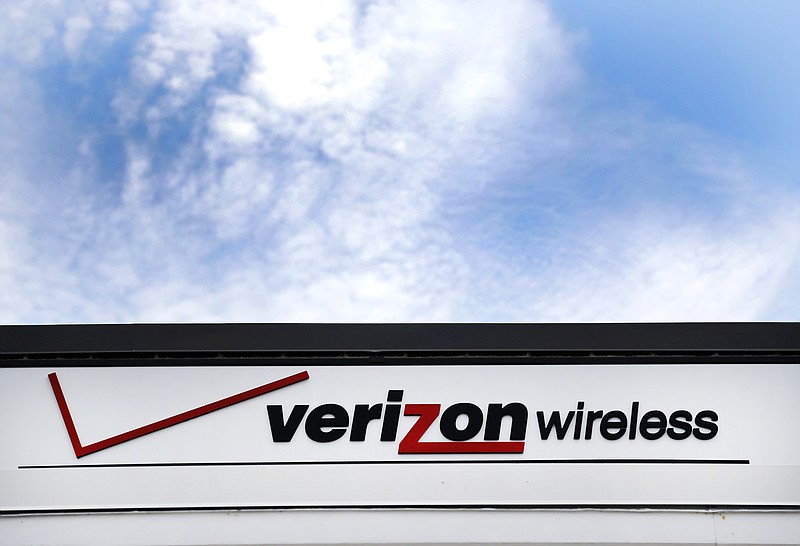Verizon drops 307,000 wireless customers
Verizon, the once-unstoppable cellphone leader in the U.S., lost key wireless customers for the first time, even as it brought back unlimited data plans to counter smaller rivals.
In the first three months of the year, Verizon lost 307,000 wireless subscribers who are billed each month, the more lucrative kind of wireless customer. MoffettNathanson Research says it's the first-ever lost in that category, which covers phones, tablets, smartwatches and other connections. For cellphones alone, Verizon lost 289,000 customers. Verizon said it would have lost even more customers if it hadn't launched the unlimited plan.
Total wireless revenue fell 5 percent to $20.9 billion, because of fewer customers and less money coming from the fees Verizon charges when customers go over their data limits. Unlimited plans don't have those fees.
Growth in the wireless subscribers has slowed down now that most Americans have a cellphone. Instead, companies have been poaching customers from each other with lower prices and offers to pay people to switch.
Last year, T-Mobile gained 3.3 million of the lucrative phone customers - "post-paid" in industry jargon - while Sprint gained 910,000, according to MoffettNathanson. Much of that came at the expense of AT&T, which lost 1.2 million last year. Verizon gained 209,000, but that was smaller than 1.1 million gained in 2015.
Verizon has had quarterly losses in post-paid phone customers before, but not when other wireless connections are included.
Visa profits decline after Europe merger
Payment processing giant Visa said its profit dropped 75 percent in the fiscal second quarter from a year ago, largely due to the costs of integrating its recently acquired Visa Europe into the larger company.
The San Francisco-based company said Thursday it earned $430 million, down from $1.7 billion in the same period a year earlier. On a per-share basis, Visa earned 18 cents a share versus 71 cents a share a year ago.
Visa had two significant one-time charges on its books related to the legal organization of the company to include Visa Europe, which Visa Inc. purchased last year. Excluding those one-time items, Visa had an adjusted profit $2.1 billion, or 86 cents per share, which beat analysts' expectations.
Visa processed $1.73 trillion on its credit and debit card network in the quarter, up 37 percent from a year earlier, but that increase includes the processing business of Visa Europe as well.
